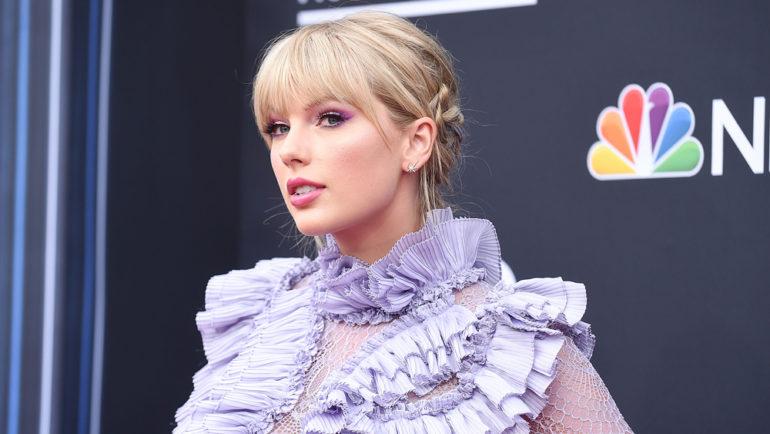Taylor Swift Couldn’t Buy Masters Without Signing New Big Machine Deal
By Jem Aswad
LOS ANGELES (Variety.com) – In the wake of Sunday’s blockbuster announcement that Scooter Braun has acquired Scott Borchetta’s Big Machine Label Group — and with it the rights to Taylor Swift’s first six albums — most reports have noted that Swift could have purchased the rights to her music and/or the label itself. While that is true, the playing field was not quite as level as it might seem.
Parsing the statements from both Swift and her attorney Donald Passman, it is clear that she was not offered the opportunity to acquire the rights to her music without signing a new deal with Big Machine, under terms she herself said were not acceptable. Her Tumblr post from Sunday begins: “For years I asked, pleaded for a chance to own my work. Instead I was given an opportunity to sign back up to Big Machine Records and ‘earn’ one album back at a time, one for every new one I turned in.” It is worth noting that nowhere in her statement does she say she was not offered any opportunity to buy her masters, as many have reported.
Passman’s statement on Tuesday reads: “ never gave an opportunity to purchase her masters, or the label, outright with a check in the way he is now apparently doing for others.” While Passman declined Variety’s request for further comment, a source close to the situation confirmed that Swift was not offered the opportunity to buy either her masters or the label without signing a deal that would bind her to Big Machine, apparently for another 10 years, and whomever Borchetta chose to sell the label to.
“I walked away because I knew once I signed that contract, Scott Borchetta would sell the label, thereby selling me and my future. I had to make the excruciating choice to leave behind my past,” she wrote.
In his blog post titled “ So, It’s Time for Some Truth ,” Borchetta writes, “As you will read, 100% of all Taylor Swift assets were to be transferred to her immediately upon signing the new agreement. We were working together on a new type of deal for our new streaming world that was not necessarily tied to ‘albums’ but more of a length of time.” Those terms, judging by the excerpt of the deal memo he posted, were proposed as seven years by Swift’s team and 10 years by Big Machine — the contract was never signed, so presumably that is one of the terms on which the two sides did not agree. (Reps for Swift and Big Machine either declined or did not immediately respond to Variety‘s request for comment.)
Informed observers might say: “Duh! Of course he wouldn’t let her just buy her masters!” Although Big Machine still has strong artists on its roster, obviously Swift’s catalog represents an overwhelming percentage of its reported $300 million value — and apparently Borchetta made the calculation that he’d get a better deal selling the label with Swift’s masters than selling the two assets separately.
And despite the seeming disingenuousness of some of the other comments from Swift and her camp — Braun and Borchetta had been conspicuously bro-ing down for weeks and insiders, particularly the industry trade Hits magazine, had speculated loudly that something big was afoot, so the claim that her camp did not know the sale was imminent is almost on the level of climate-change denial — in the context of her stated feelings about Braun and her history with him , her comment that she “walked away because I knew once I signed that contract, Scott Borchetta would sell the label, thereby selling me and my future” is at the core of the situation.
That is the unique disadvantage at which artists can find themselves when trying to acquire the rights to their past work — which amounts to, “You can buy it if you agree to give me more” — and the reason why this particular playing field is not as level as some might maintain.

